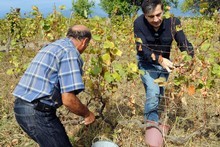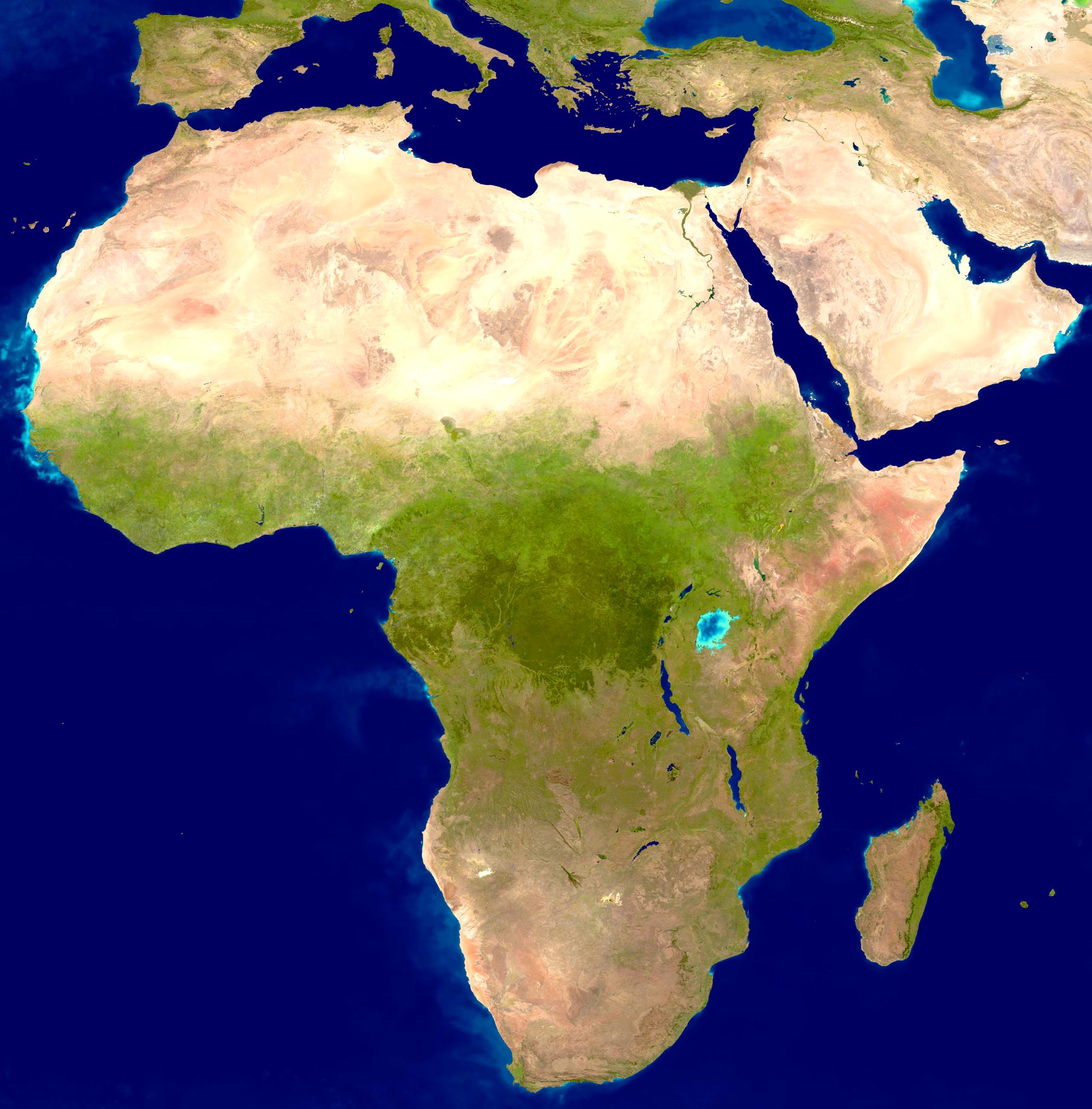I had been in her room for 30 minutes, inhaling the sweet, lavender flavoured scent that intermittently wafted out from the electronically operated air freshener on the far wall.
Having spent that long holding back a need to empty my Gordon Sparks distended bladder, I requested to use her bathroom. As she pointed towards the door, a glint of something, perhaps unease, flittered past her eyes; more intent on answering nature’s call, I didn’t dwell on that.
It was only when I entered the well appointed, pink tiled bathroom that I began to understand that brief look of hers. Arranged in an order that I, the cosmetic novice, would never understand, were rows of bottles, tubes and palates—enough cosmetics to keep a little corner shop in business for long while.
Through with my nature call, I moved a little closer and my awed eyes flowed past a hundred names. Now, they were not in singles, as each brand name found expression in powders – cakes and conventional, lipsticks, lip-glosses, eye shadows, hair relaxers, hair treatment creams, conditioners, hair sprays, deodorants, perfumes and hair removal creams. Some I could understand; even explain, but the ones that lined a lower, somewhat hidden shelf, defied grasp. Prominent among them was a L’Oreal breast lifting gel, two brands of tummy tightening creams, a buttocks firming cream, a face lift cream.
There were more, tucked further back in the shelves and peeking from the corners of bags hanging from hooks, by the side of the same overstocked shelf. Wow! I was really impressed.
I went back to the room, now knowing the look I had received earlier, to meet a stoic faced friend, who couldn’t help but act like I had caught her stealing meat from a pot of egusi. I knew deep within me that the low-keyed conversation that followed had a lot to do with what I had seen and this got me pondering on the battle she endures to look better everyday
What is it about today’s women and the need to coat up everything with layers of cosmetics?
What happened to the conventional dab of power and touch of lipstick?
Clear answers elude me, but I can sniff hints from the women I see on the streets every day, looking like art pieces on an abstract canvas. What with the way they match up colours and re-invent the natural lines of the face. Geniuses, I called them, but that was before I stumbled into every woman’s secret in my uptown lady friend’s bathroom. Artists they might be, but their art is fakery, superimposed upon a canvas – their faces – better appreciated in its natural state.
I admit to being unapologetically old school, especially where it concerns female beauty. I do not believe that letting my woman experiment with any new fad and accompanying her to salons, spas and whatnot identifies me with women’s’ lib; there are better ways to cut that, I think. Perhaps if women really knew what men want, they would save themselves the stress and money it takes to look like the modern woman.
We, even those modern-thinking brothers my female friends are wont to compare me with, like those lipsticks sparse. Why, because it saves us those embarrassing smudges that tell tales we’d rather keep to ourselves. I am yet to meet a man that understands the need for those coloured eye shadows that women tend to wear, sometimes matching shoes, wristwatches, clothes and even the colour of their cars.
Consider the mini supermarket in my friend’s bathroom. One might understand the need for some, less physically endowed persons, to maximise their looks through application of cosmetics, but that is hardly the case with our babes, as use cuts across all strata.
I have seen the ridiculous, the humorous and the downright stupid; facial paints that can easily compete with the greatest works by Da Vinci and others that remind one of the worst of Hammer House of Horror – those ones that make you want to run and hide when you encounter their bearer at night. What about those fillers – they call them foundation – used to patch up every foreseeable smudge. Walahi, a well-heeled modern woman carries around, on her body, more chemicals than NNPC can readily identify.
I know our ladies will never agree to toe this line, I mean, give up on this drive to cosmetologise (na my gift to oyinbo language, leave am dia) their existence – well, that’s how I explain the craze – but the plea is for them to simmer it down, at least.
As I remarked to my uptown lady friend, you mustn’t all be artists and panel beaters to look good, joo.
Published in 234next.com on December 12, 2010






